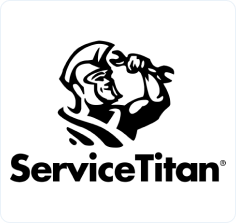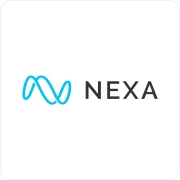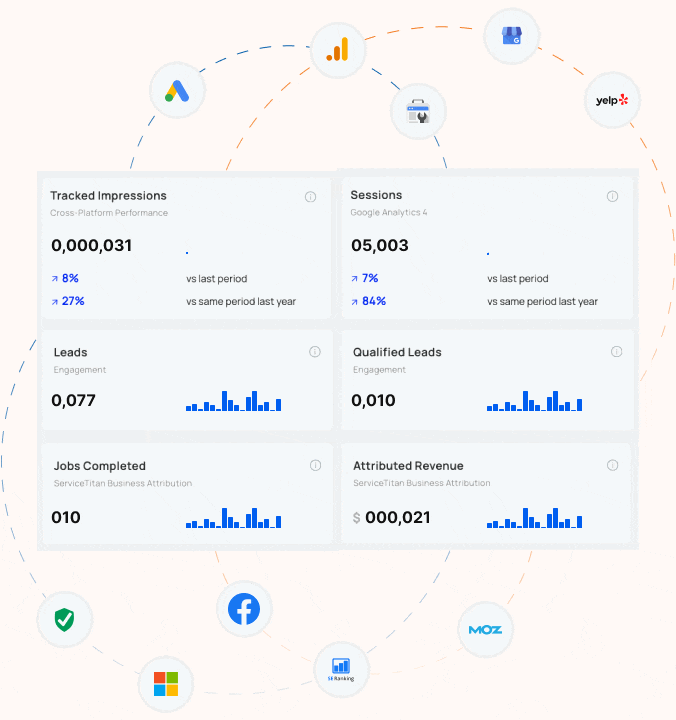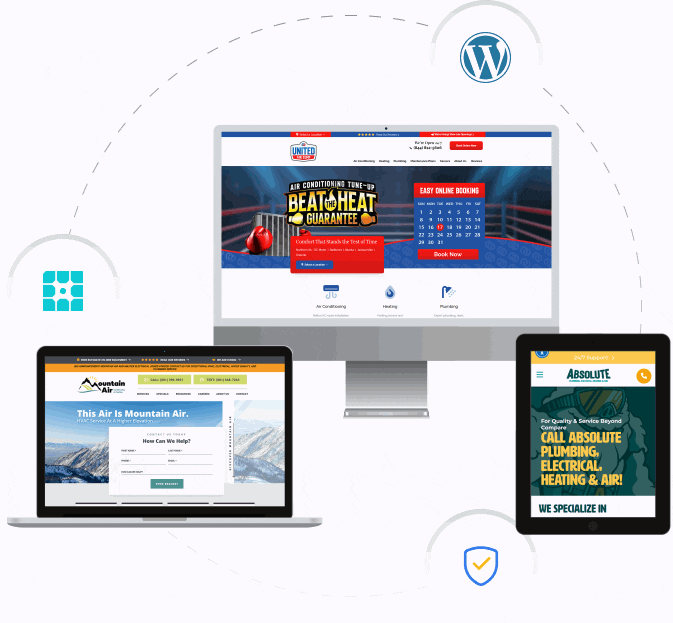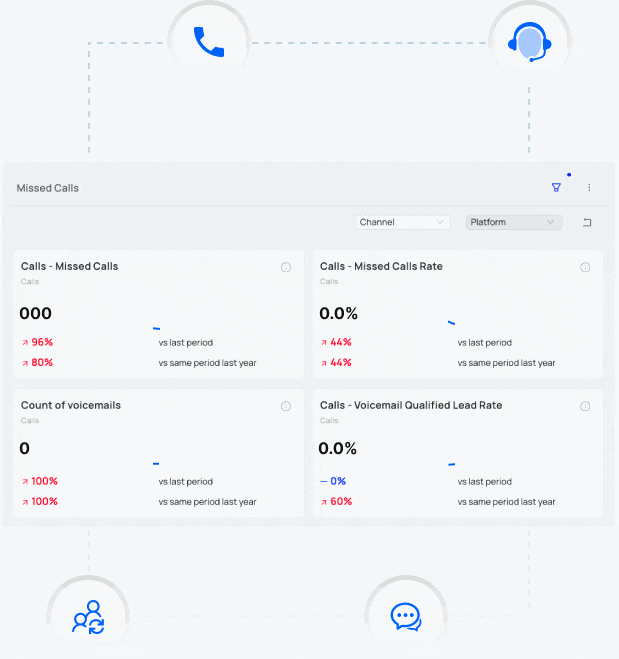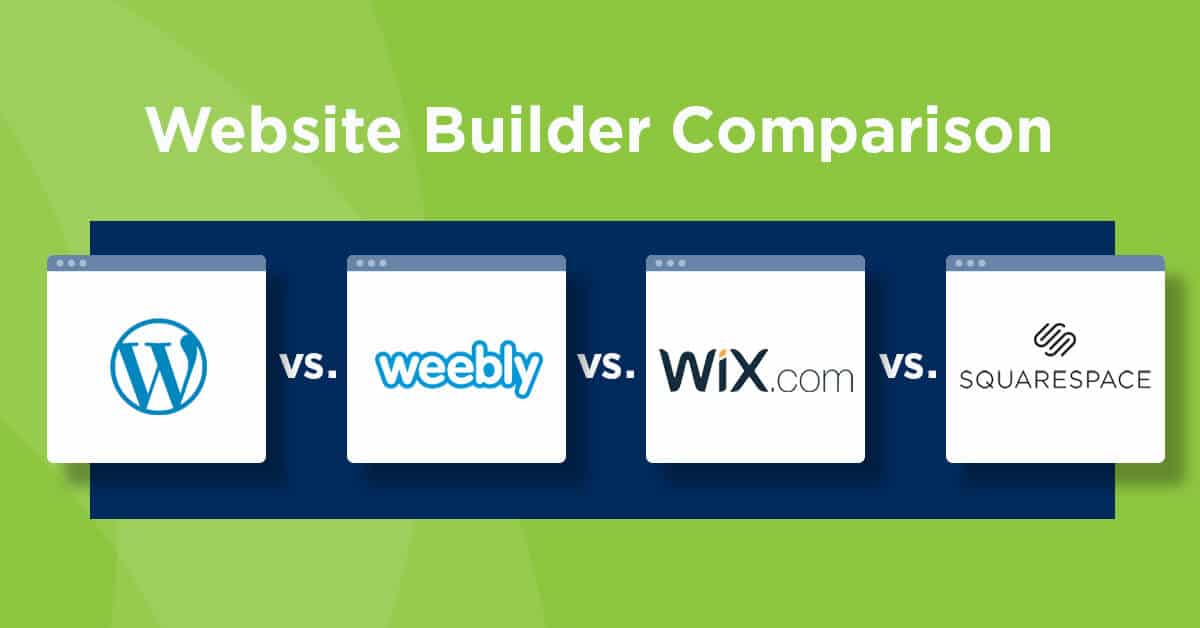
What is the best website builder for SEO?
As a business owner, you’re probably in one of the following two scenarios:- You don’t have a website but recognize the importance of one in this day and age, so you’re looking to design and build one.
- You already have a website but are looking to change to a new platform or switch hosting.
- What the most popular CMS is for businesses
- What CMS is the most SEO-friendly (between WordPress, Wix, Weebly, and Squarespace)
- The pros and cons of each CMS (WordPress, Wix, Weebly, and Squarespace)
- What CMS we recommend
What’s the Most Popular CMS for Businesses?
Over 50 percent of the global CMS market share belongs to WordPress. So what’s the most popular CMS to build a website on? WordPress. Here are some other quick statistics about the popularity of WordPress:- 4 million websites are powered by WordPress (link).
- 50,000 new WordPress websites launch daily (link).
- 22 percent of new registered domains in the U.S. run on WordPress (link).
- Many popular of most popular companies in the world use WordPress as their choice of CMS—CNN, Fortune, TIME, Spotify, CBS Local, NBC (link).
What’s the Most SEO-Friendly CMS?
When it comes to generating more business from a website, business owners must first ask themselves, “What do I need to do to increase my online visibility and, in turn, generate more business from the Internet?” The answer? SEO. SEO is the process of optimizing your website for search engines. If implemented well and done successfully, SEO can put your web pages on the first page of Google and generate more qualified organic search visits, leads, and sales. In other words, SEO helps you get found on Google and other search engines and can increase the number of phone calls and web forms your company receives. Because of the vast number of SEO plugins for WordPress and their capabilities, WordPress is immediately put at the forefront of SEO-friendly content management systems. In addition to the plugins, WordPress websites are the most cleanly coded of any other CMS (Weebly, Wix, or Squarespace). WordPress also provides the most flexibility of on-page editing and content, allowing SEOs to implement their strategies the easiest. Other content management systems are much more complicated and not as SEO-friendly as WordPress.
Quick Comparisons
Design/Appearance: Wix vs. Squarespace battle: about the same; both are better in terms of professional appearance/attractive and trendy design than Weebly. User-Friendliness/Convenience: Squarespace vs. Weebly and Wix vs. Weebly battles: Weebly. Minimalist and simple, Weebly is probably the easiest website builder to use. SEO: They all have their pros and cons (as illustrated).Weebly
Weebly is an extremely convenient and user-friendly website builder—hands down its biggest advantage. Those with no website experience and who aren’t tech-savvy should be able to easily navigate Weebly. You can drag and drop content (super simple), and if you’re unsure where to start with website design, Weebly offers many pre-designed layouts for your convenience. Plus, if you change your mind, switching template designs is hassle-free. Is Weebly good for SEO? Eh. If we were playing Duck Duck Goose (do kids still play that game at parties?) and “Goose” was the ultimate choice and most desirable website builder, Weebly is “Duck.”- Weebly’s blog features aren’t the most up-to-date and convenient—for instance, there is no way to display related posts or the latest posts (which is a basic feature for most blogs).
- Weebly’s template options are somewhat limited and more basic, so they may be behind in terms of beautiful, custom-designed, modern websites you see frequently dominating the first page of search results.
Weebly Pros & Cons
Weebly powers more than 30 million websites (roughly 2 percent – link) of the sites found across the Internet.Pros of Weebly
- Weebly is easy to use and also offers drag-and-drop functionality.
- Weebly provides mobile responsive templates, so business owners shouldn’t worry about their mobile rankings tanking due to Mobilegeddon and the increasing importance of mobile search engine optimization<.
- Weebly not only has a large selection of website templates, but it provides users with more than 40 different page layout types.
- Weebly provides some SEO functionality, but not as much as WordPress.
- Weebly provides great features for first-time website owners. For example, Weebly’s Starter plan includes a one-year free domain.
- Weebly provides some in-depth help in their Help Center that focuses on important SEO factors like citation building, Google Search Console support, and link building strategies.
Cons of Weebly
- Weebly’s designs are very basic and your company’s website may not standout against your competitors.
- Weebly’s templates, although mobile responsive, can only be customized slightly. Font styles, size, and color schemes are interchangeable, but anything beyond that is unavailable.
- Weebly does not offer a lot of third-party applications or plug-and-play tools.
- Weebly allows custom JavaScript, HTML, and CSS application, but without knowledge of coding or the use of developer these features are virtually useless. Many developers will not work with Weebly websites.
- Weebly is not good from a CMS standpoint. Beyond drag-and-drop functionality, there is little Weebly provides to keep a formal page hierarchy or clean organization of large websites.
- Weebly is inefficient to move away from. While you can export Weebly content in a .zip file, blog posts and other articles will need to be manually exported and imported into another CMS and redirecting URLs is very difficult.
Wix
Though not as user-friendly as Weebly (which is probably the easiest to use out of all the options), Wix has a lot of beautiful, modern-looking templates to choose from. Undoubtedly, you can build an attractive, professional website with Wix. And with drag and drop features, adding content is easy—you can pretty much put content anywhere on your site. Is Wix good for SEO? “Duck…”- Although more features can be a good thing (and in the Wix vs. Weebly comparison of features and tools, Wix wins), once you start adding more and more, it starts to slow down your website speed, which can have negative effects on SEO.
- Even though they have worked on advancing this, Wix is not really built to handle more complicated e-commerce needs (so if you’re an e-commerce website looking to maximize your SEO efforts, Wix is not the option for you).
- Once you choose a template, you cannot change it easily.
Wix Pros & Cons
Wix is a very popular CMS for business owners looking to build their own website and minimize the initial investment cost of building a first-class site.Pros of Wix
- Wix has drag-and-drop website templates designed for a variety of industries (small businesses, restaurants and hospitality, service businesses, etc.)
- Wix regularly releases new tools and designs to stay at the forefront of the build-it-yourself website platforms.
- Wix’s recent updates have made it a more SEO-friendly CMS.
- Compared to other content management systems (Weebly, Squarespace), Wix has more design flexibility and functionality.
Cons of Wix
- Business owners cannot changed their website template after initial creation. So you better like the template you choose!
- Wix includes visible advertisements on their free platform, which is not a very professional look for any business.
- Wix is not as SEO-friendly as WordPress.
- Wix uses AJAX to produce dynamic content, which is not very SEO-friendly.
- Wix coding is not clean or concise due to its drag-and-drop functionality, which could slow down your site load time and result in poor site structure.

Squarespace
Like Wix, Squarespace templates are attractive and can give you a more high-end look for your website (unfortunately, there are fewer options). As with many of the other website builders, you can easily change templates with Squarespace. Is Squarespace good for SEO? “Duck…”- When you choose a mobile responsive template, it’s automatically optimized for mobile devices and that’s pretty much that (you don’t have much more control over your website visitors’ mobile experience). With today’s mobile trends, this isn’t ideal.
- Using plugins to optimize for SEO (such as headers and metadata) isn’t as easy as other platforms.
- Your site can get limited in size based on the pricing plan (this was the case for one of our former clients on Squarespace).
Squarespace Pros & Cons
Have you ever been listening to Spotify and heard a Squarespace ad? Or maybe you caught Squarespace’s Super Bowl 50 commercial. Whatever the case, Squarespace is gaining popularity as a website builder and CMS in the U.S. and other countries alike. But is it a good CMS to build your business’s website on?Pros of Squarespace
- Squarespace design templates are some of the best we’ve seen from a website builder. If built correctly, Squarespace can give any business a rich, expensive look.
- Squarespace templates are mobile responsive, like Weebly.
- Squarespace’s custom styling options are unprecedented in a website builder (but not in a CMS).
- Squarespace is easy to learn for business owners building a website for the first time. Squarespace uses a WYSIWYG editor (What You See Is What You Get), giving it a drag-and-drop functionality able to incorporate text, photos, slideshows, videos, etc.
- Squarespace support is very timely—email response in less than one hour, live chat, etc.
Cons of Squarespace
- Squarespace can be difficult to organize, causing your SEO value and user experience to suffer. For example, your site’s main menu can only include a single layer below the top level navigation.
- Squarespace’s in-page editor doesn’t function as smoothly as some other website builders (particularly Wix and Weebly).
- Squarespace’s style editor is difficult to understand for first-time website builders.
- Squarespace isn’t the best choice for small business owners selling a product or service – it’s more geared towards designers with portfolios, boutiques, and anyone working in a more visual industry.
WordPress
A well-known and widely used website builder, WordPress is, to be honest, pretty d*** great. Not only does it offer attractive and professional-looking templates, but it is also user-friendly (we actually give clients WordPress trainings!) and has many convenient plugins. Is WordPress good for SEO? “Goose!” WordPress is what we usually recommend (and use).- WordPress gives you the ability to customize things like the sidebar for conversion, sticky headers, etc. Its capabilities are nearly limitless.
- It’s simple to update your site on WordPress while also staying on top of Google’s best practices.
- It’s easy to optimize for mobile friendliness—recommended by Google, the WPtouch plugin instantly enables a mobile-friendly version of your website that passes the Google Mobile test and helps ensure your rankings don’t drop due to not having a mobile-friendly site.
- In general, WordPress is very flexible and customizable, especially with plugins.
- WordPress sites are best suited to be hosted on a WordPress managed server. Let me give you more details…
WP Engine
The main benefit of WP Engine is specific hosting for WordPress websites—it offers the ideal, most optimized environment for these sites. But that’s not all! Other benefits of WP Engine include:- Great security, including free SSL (secure sites are more important than ever)
- Daily backups
- Faster site load times (WP Engine has a great caching system which makes their sites fast)
- Responsive staff/award-winning 24-hour customer service available (extremely convenient if problems do arise)
- Easy migration process (possibly the easiest of any hosting company)
WordPress Pros & Cons
Like all content management systems, WordPress has its own pros and cons for business owners, including:Pros of WordPress
- WordPress is an open source structure, so almost all developers and webmasters can work on the WordPress platform and outsourcing work is easy and cost-efficient.
- WordPress is easy to install.
- WordPress has approximately 45,000 plugins to maximize the functionality of the CMS and improve your website.
- WordPress is SEO-friendly.
- WordPress is easy for business owners to learn and use.
- WordPress is an affordable CMS to build a website on.
- WordPress is easy to update.
Cons of WordPress
- WordPress websites are easy to hack.
- WordPress websites tend to be slower than other websites (HTML or PHP sites without a CMS).
- WordPress themes, styles, and page templates may be difficult to update without a developer.





